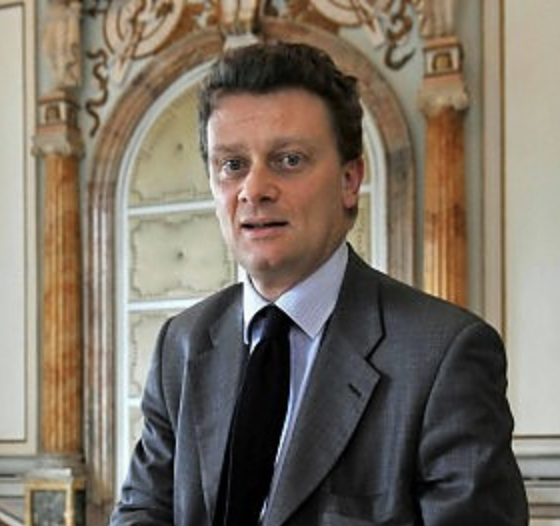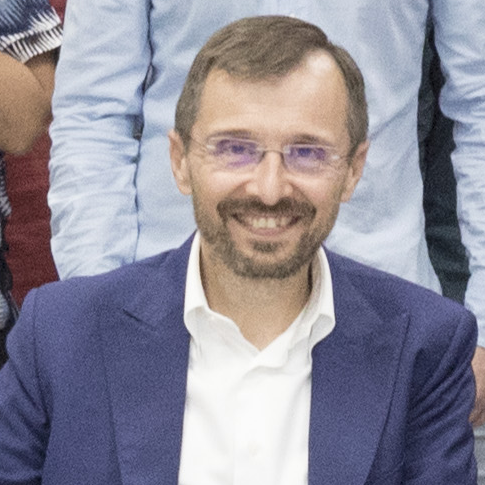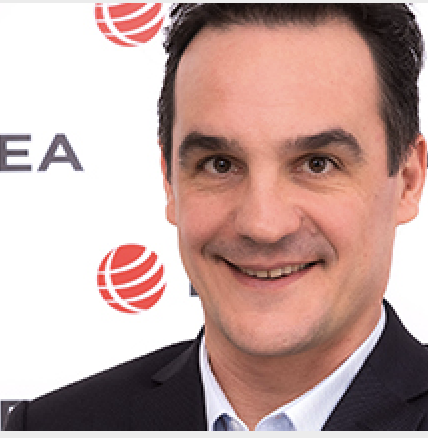
- This event has passed.
IV Seminar
“INVALSI data: a tool for teaching and scientific research”
29/11/2019 – 01/12/2019

THEME
Promoting INVALSI data in scientific research and educational teaching.
The seminar will be held in Rome on 29, 30 November and 1st December 2019. The purpose of the Seminar is to enhance utilization/use and potentiality of INVALSI data in educational research. The data collected annually by the Institute are a precious tool for investigating the characteristics of the school system and to plan strengthening interventions. Interested parties are therefore invited to submit research works based on INVALSI data.
SESSIONS
- INVALSI data to improve and evaluate Italian teaching.
- INVALSI data to improve and evaluate Mathematics teaching.
- INVALSI data to improve and evaluate English teaching.
- INVALSI data to improve and evaluate trasversal skills.
- INVALSI data for innovation and school improvement.
scolastico. - INVALSI data to investigate some school components (School principals, teachers).
nelle sue componenti (Dirigenti Scolastici, insegnanti). - The school in Italy: inequalities, social mobility, territorial realities.
- The impact of individual characteristics on student achievement (gender, socio-economic background, origin, etc).
socio-economico, origine, ecc.). - Bullying, youthful distress and early school leaving.
- Characteristics and potential of computer based tests.
- The nursery school: first steps towards scholastic success.
- Methodological aspects and policy implications of the value added.
- Methods and models applied to INVALSI data
KEYNOTE SPEAKERS
Esteemed keynote speakers will introduce the main themes of the conference.

Gianluca Argentin
University of Milan-Bicocca
Is researcher at the Department of Sociology and Social Research of the University of Milan-Bicocca. His research deals with education, with two focuses: randomized controlled trials aimed at assessing the effectiveness of educational interventions; policies for the teaching workforce’s management.

Francesco Avvisati
OECD
He joined the OECD in 2010 to work on analysis, research and coordination of the Innovation Strategy for Education and Trainin Project,after completing a PhD at Paris School of Economics. His doctoral research centred on the benefits of parental involvement programmes for school achievement and behaviorof middle school students.Prior to joining the OECD, Dr. Avvisati worked as a researcher and lecturer at the Paris School of Economics, at the French Ministry of Labour, and has been a member of the “Abdul Latif Jameel Poverty Action Lab –Europe”. Dr. Avvisati holds a PhD in Economics from the Paris School of Economics, a Bachelor in Economics from the Scuola Superiore Sant’Anna (Pisa, Italy), and is an alumnus of the Ecole Normale Supérieure in Paris.

Andrea Gavosto
Fondazione Agnelli
He has been Director of Fondazione Agnelli since 2008, specialized in research on education and training working on reports about the state of schools and universities in Italy. Previously he was Chief Economist of the Fiat Group and Telecom Italia and worked at the Research Service of the Bank of Italy. He is the author of many scientific publications in the field of macro-economics, labour economics and educational economics, as well as articles and comments in main national newspapers.

Emmanuele Pavolini
University of Macerata
Is Full Professor in Economic Sociology and Social Policy at the University of Macerata (Italy). He is a Member of the board of ESPAnet (European Social Policy Network) and co-chair of the board of Italian ESPAnet. He is a National Expert for Italy of the European Commission Expert Network ESPN (European Social Policy Network). He is currently co-editor of the Journal of European Social Policy.

Roberto Ricci
INVALSI
He is Research Director at INVALSI where he is responsible for national tests since 2008 and the coordinator of the research area. After obtaining a PhD in statistical methodology for scientific research, he has been working for over twenty years in the field of measurement of learning through standardized tests. He is a member of the Governing Board of PISA, of TALIS, and is a member of the General Assembly of the IEA. In recent years, he has been involved in the national implementation of important evaluation tools in schools, such as the measurement of the school effect, the so-called added value, and the definition of the diachronic-longitudinal change of learning levels. Recently he has been involved in the transition to computer-based testing (CBT) of the INVALVED tests, also in an adaptive perspective at the individual level (multistage adaptive testing). He is a trainer at schools to foster a constructive dialogue on the issues of external evaluation. He is the author of many informative and technical-methodological articles on aspects related to large-scale standardized measurement.

Thierry Rocher
DEPP / IEA
Is the Head of Office for Student Assessment at DEPP (Directorate for Statistics) at the Ministry of Education of France. He has been the Chair of IEA (International Association for the Evaluation of Educational Achievement) since January 2019. He was previously President of the Association for Educational Assessment-Europe (AEA-Europe) (2016-2018), and served as the French representative at the PISA Governing Board (2017-2018). Dr Rocher is a statistician by training and holds a doctorate in psychology, specializing in educational measurement and psychometrics.

Lars M. Sondergaard
World Bank
Is an advisor at the World Bank, focusing on the World Bank’s work in EU countries on health, education and social protection and jobs. He has worked at the World Bank for the past 13 years, having been based in Washington, Chisinau, Bangkok and now Brussels.
Lars has written and co-written many publications at the World Bank, including a regional report on education systems in Eastern Europe and Central Asia called “Skills, Not Just Diplomas”.
Lars has a Ph.D. and M.A. in Economics from Georgetown University, and prior to the joining the World Bank, he was a senior economist at the European Central Bank.

Ernesto Treviňo
Universidad Católica de Chile
Is associate lecturer in the School of Education at Pontificia Universidad Católica de Chile. He holds a PhD in Education from Harvard University, US. His research interest includes education inequalities, public policy in education, and citizenship education.

Vittadini Giorgio
University of Milan-Bicocca
He is Professor of Methodological Statistics at the University of Milan Bicocca. He si also one of the historic leaders of Communion and Liberation, founder of the Compagnia delle Opera, president of the Foundation for Subsidiarity (created in 2002) and director of Atlantide, Foundation for Subsidiarity own journal.
PROGRAM
REPORT ON THE EVENT SATISFACTION
SUBMISSION
Each abstract should be submitted both in Italian and in English (up to 3000 characters). Please, include 3-6 keywords and a short biography for each author (each biography should be no more than 300 characters).
Type of contributions
Scientific research contributions should be in english (both presentation and slides); educational teaching contributions should be in italian (both presentation and slides).
Guidelines for abstracts' submission
The abstract should summarize the entire work to allow the reader to quickly get an idea of the final paper. For this reason, an abstract should be:
- accurate: providing the aims and content of the contribution and not including not necessary information;
- non-evaluative: it has to report data without any kind of judgement;
- coherent and legible: language should be clear and concise; use verbs rather than their noun equivalents and the active rather than the passive voice;
- concise: each sentence should be maximally informative, include in the abstract only four or five of the leading concepts, observations or implications; do not include bibliographic references.
The abstract of an empirical study should describe:
- the problem under investigation, possibly in one sentence;
- the participants;
- the essential characteristics of the experimental method;
- the main results.
The abstract of a methodological paper should describe:
- the field of application;
- the essential features of the proposed method;
- the potentials of the proposed method.
DEADLINES
1st august 2019
Open call for paper.
25th september 2019
Deadline for abstract submission.
30th september 20196th october 2019
Notification of abstract evaluation.
7th october 2019
Start registration.
30th october 20194th november 2019
End registration.
15th november 2019
Upload presentation.
Details
Start:
November 29th, 2019
End:
Dicember 1st, 2019
Organizer: INVALSI
Email:
datiperlaricerca2019@eventinvalsi.it
Website:
https://www.invalsi.it/invalsi/index.php
Event location
Ergife Palace Hotel
Via Aurelia, 619
Rome, 00165
Phone: 06 66441
Website: https://www.ergifepalacehotel.com/
 INVALSI Statistical Department
INVALSI Statistical Department 